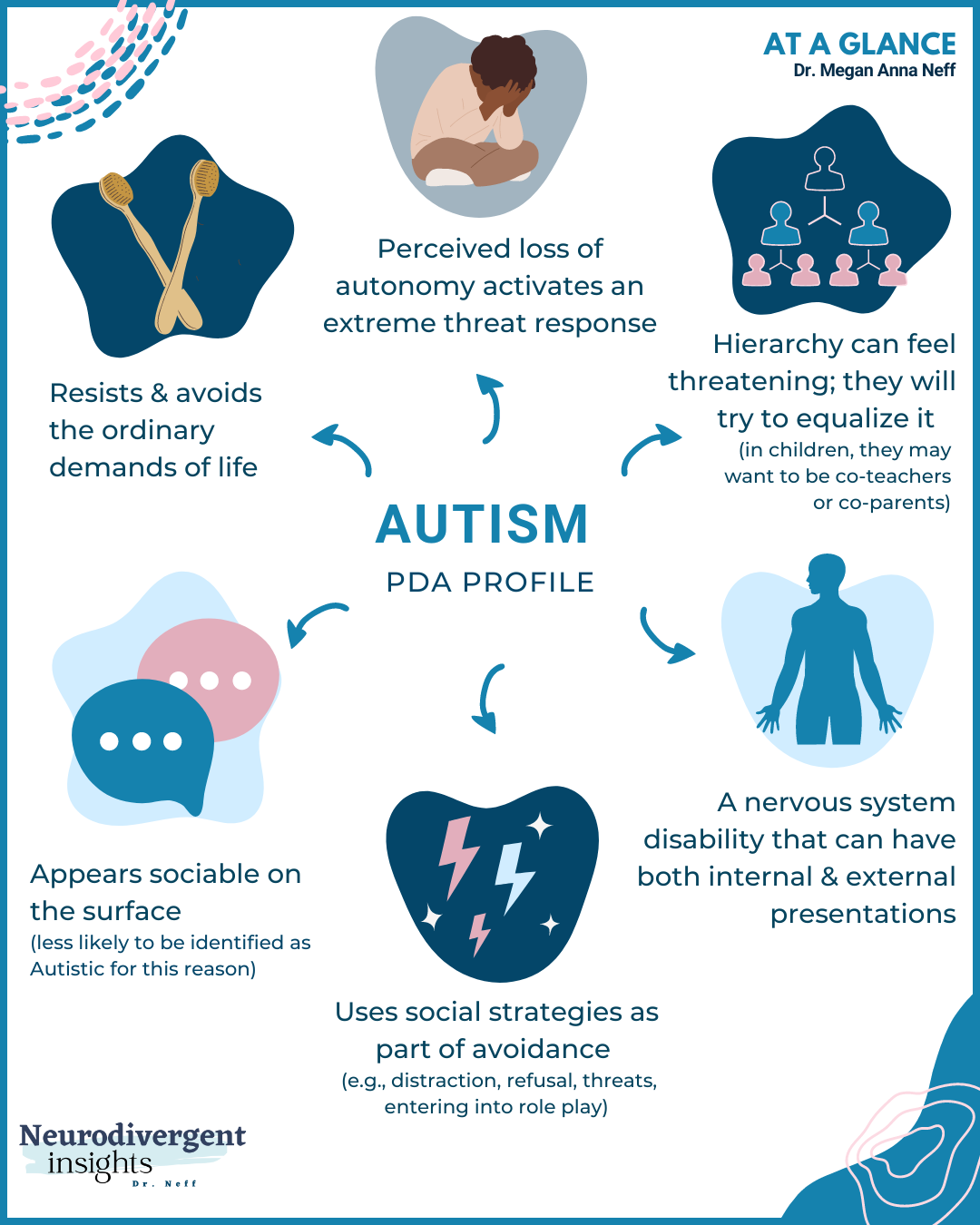The Function of Education And Learning in Sustaining Pupils with Autism: Ideal Practices
Understanding Autism: A Comprehensive Overview to Symptoms And Signs
Autism Spectrum Condition (ASD) includes a vast array of qualities that can dramatically impact an individual's social interactions and everyday performance. Recognizing these subtleties not just help caregivers and educators in offering proper assistance yet additionally fosters a more inclusive atmosphere for people with ASD.
Review of Autism Range Problem
Defining Autism Spectrum Disorder (ASD) involves acknowledging it as a complicated neurodevelopmental problem identified by a series of obstacles in social communication, interaction, and behavior patterns. The term "spectrum" reflects the broad variability in signs and symptoms and their severity, which can vary dramatically from one person to an additional. ASD typically manifests in very early childhood years, although some people may not get a diagnosis until later on in life.
Aspects influencing the development of ASD include ecological variables and genetic predispositions, although the specific reasons stay under investigation. Medical diagnosis commonly relies upon behavioral analyses, as there are no conclusive medical examinations for ASD. Early treatment is essential and can significantly boost results, concentrating on boosting communication abilities, social communications, and adaptive actions.
Individuals with ASD might likewise show special strengths, such as remarkable focus to information or particular locations of experience. Comprehending the multifaceted nature of ASD is necessary for fostering a comprehensive atmosphere that accommodates neurodiversity. Continued study is crucial for developing efficient treatments and support group, making it possible for individuals with ASD to grow and satisfy their possible within society.
Typical Indicators of Autism
Acknowledging the usual signs of Autism Range Disorder (ASD) is crucial for very early identification and intervention. These indicators can vary commonly in severity and discussion, yet certain features are frequently observed in people with ASD.
One of the most widespread signs is a significant difficulty in preserving and developing eye contact. Individuals might also display limited rate of interest in social communications and show a preference for solitary play. Repeated actions, such as hand-flapping, shaking, or rotating things, usually emerge early in childhood. Furthermore, some kids may establish stringent regimens and come to be troubled if these regimens are interfered with.
Sensory level of sensitivities are likewise typical; people may underreact or overreact to sensory stimuli, such as sounds, lights, or structures. autism. Language advancement can be atypical, with some kids displaying delayed speech or making use of language in uncommon methods, including echolalia-- repeating sentences or expressions heard elsewhere
It is vital to note that not every individual with ASD will certainly show all these signs, and the level of these habits can differ significantly. Early acknowledgment permits timely assistance and resources, enhancing the lifestyle for those on the spectrum.
Social Communication Obstacles
Social communication challenges are a trademark of Autism Spectrum Problem (ASD), affecting an individual's capability to engage properly with others. These problems can manifest in different ways, consisting of visit this site right here challenges in launching and preserving discussions, comprehending social cues, and reacting appropriately in social communications.
Individuals with ASD might fight with nonverbal interaction, such as eye contact, face expressions, and body movement. This can cause misconceptions, as their communicative intent may not be correctly translated by others. Additionally, they might discover it hard to understand the subtleties of tone and context, which are important for reliable communication.
In team setups, individuals with ASD may really feel overloaded and may not understand just how to join in conversations (autism). They could additionally exhibit irregular conversational patterns, such as monologuing concerning specific rate of interests without identifying social reciprocity
Moreover, these difficulties can cause social isolation or problems in creating partnerships, as peers may misinterpret their behavior or communication design. Recognizing these social communication challenges is important for cultivating encouraging environments that promote social skills growth and boost the quality of interactions for individuals on the autism range.
Sensory Reactions and level of sensitivities
Several people with Autism Range Disorder (ASD) experience increased sensory level of sensitivities that can dramatically impact their everyday lives. These sensitivities may manifest as over-responsiveness or under-responsiveness to sensory stimuli, including sounds, lights, structures, tastes, and check here scents. An individual with ASD may find day-to-day sounds, such as a vacuum cleanser or crowded atmospheres, overwhelmingly traumatic, leading to anxiousness or disasters. On the other hand, some may exhibit an indifference to discomfort or severe temperatures, which can pose safety and security problems.
Sensory processing distinctions in people with ASD can also affect their capability to take part in social communications and routine tasks. As an example, a kid who is delicate to touch might withstand physical love or prevent particular garments fabrics. A choice for particular textures or preferences can restrict dietary choices and develop challenges throughout nourishments.
Understanding these sensory sensitivities is crucial for identifying the unique experiences of individuals with ASD. Understanding of their sensory accounts can cultivate far better interaction and support strategies, producing an atmosphere that fits their requirements and boosts their lifestyle. Inevitably, recognizing sensory sensitivities is a crucial element of comprehending the wider spectrum of autism.

Sustaining Individuals With Autism
Efficient assistance for individuals with Autism Range Problem (ASD) is essential for boosting their total well-being and promoting freedom. Support techniques must be customized to meet the Clicking Here distinct demands of each person, considering their strengths and difficulties.

Social skills training can likewise play a crucial role. autism. Involving individuals in team tasks or role-playing scenarios can enhance their capability to navigate social interactions. Furthermore, it is vital to educate family members, caregivers, and peers about ASD to promote a inclusive and helpful area
Verdict
To conclude, a comprehensive understanding of Autism Spectrum Disorder is important for recognizing its symptoms and signs. Early identification of common characteristics, such as social communication challenges and sensory level of sensitivities, makes it possible for instructors and caretakers to carry out efficient interventions. By promoting improved interaction and social abilities, people with autism can navigate their atmospheres much more successfully. Ultimately, raised understanding and support can considerably enhance the lifestyle for those influenced by ASD.
Autism Spectrum Condition (ASD) includes a broad array of features that can significantly influence an individual's social interactions and everyday functioning.People with ASD may battle with nonverbal communication, such as eye call, facial expressions, and body language.Many individuals with Autism Range Condition (ASD) experience enhanced sensory sensitivities that can significantly affect their daily lives.Sensory processing distinctions in individuals with ASD can likewise affect their capability to involve in routine tasks and social interactions.Recognizing these sensory sensitivities is crucial for acknowledging the one-of-a-kind experiences of individuals with ASD.